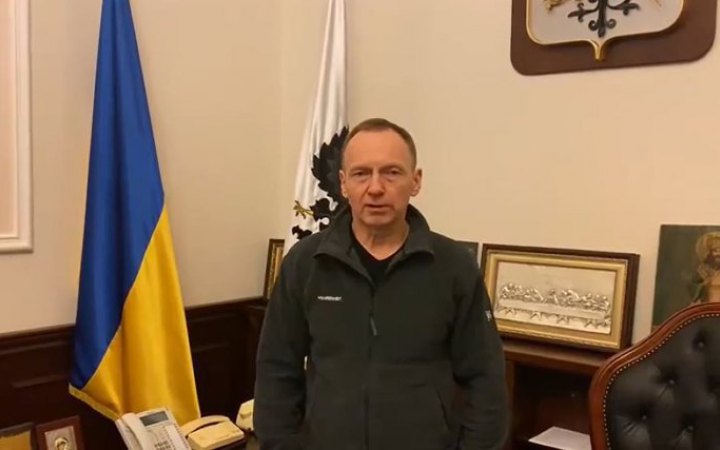“The degree of destruction of networks makes it technically extremely difficult to restore everything in a short time. The pace of recovery lags far behind the pace of destruction”
When we arranged the interview, you said that the city of Chernihiv is – apart from the military – also under information blockade. Actually, we want to rectify the situation. But for that we need to understand the reasons why this happened.
There are two reasons, in my opinion. The first is that we have not had a stable electricity supply for several days now. The fighting is taking place almost continuously and directly near the main networks. The degree of destruction of all the networks makes it technically extremely difficult to restore everything in a short time. The pace of recovery lags far behind the pace of destruction.
The second reason is that there is no clear national information policy regarding those areas that suffer the most from the enemy. The national information policy is generally patriotic but its relevance, I think, was lost at the beginning of the third week of the war.
What exactly is wrong, please explain
Unfortunately, the information coming from the united channels contains a minimum of substantive content. What would I do? First, I would not take offense at criticism, but I would try somehow to make real-time decisions.
Take me, for example. I am a leader. I make certain decisions and not all of them are clear to my subordinates. Yes, they believe me, but I can't – due to obvious circumstances – explain everything. But even in these circumstances, in order to be effective, I have to make the direction of my efforts clear to them.
And now the parallel situation: at the local level we cannot know / understand all the nuances of the state policy, negotiations, strategies that take place at the level of military-political leadership of the country. At the same time, we are waiting for information from the military-political leadership, which would clearly show the specific references for Kharkiv, Mariupol, Sumy, Chernihiv. It is necessary to be straightforward and say: people, we understand that, today, you are in much more difficult circumstances than others, but the country must take certain steps. Don’t think we don’t know how hard it is for you! But you must understand, we can’t act otherwise, we can’t accept those borders (here the demand of Russia to recognize Crimea and LDNR within administrative borders of 2014 is meant - Ed.). It's all clear, of course, but we need to talk about it expressly! Those involved in information policy bear responsibility as well as those who determine the timelines.
What is your current relationship with the head of the civil-military administration?
Both before the war and now we have absolutely healthy and constructive relationship. I believe that the head of the civil-military administration works effectively and does everything he can based on circumstances and real powers, not those prescribed by law, by exactly the real powers.
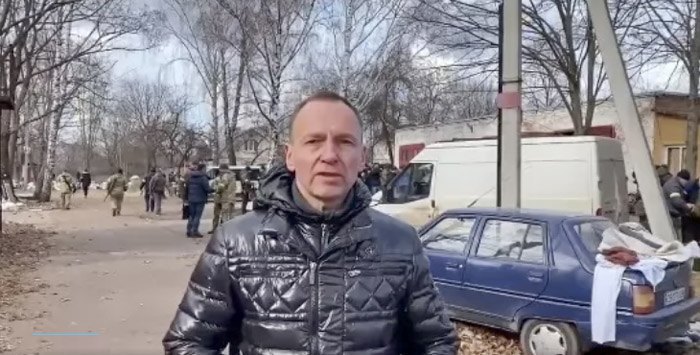
Communication with Kyiv is very important. What is it like today?
We had conversations with the head of the civil-military administration, where I spoke about the need to adjust the information state policy.
So, you have direct contact with Kyiv?
As far as I understand, the coordinate system built today by the military-political leadership does not provide for direct communication with the mayors, only with the heads of the civil-military administration. I may be wrong.
It’s interesting…
As one figure said: “What are you looking for in a cab – a ride or the looks?” If the “ride”, it would be helpful for mayors to take part in large online meetings, at least half the time.
That means that you …?
I must make it clear: there is no panic, no disappointment, nor ever a nervous breakdown. I just understand the feeling of the people of my city. Right, maybe it sounds pretty wrong to somebody that I am very straightforward about the state information policy as the mayor. But you must understand. I am guided by responsibility to the people who elected me. I understand that adjusting this information policy is extremely important, so I am going to keep talking about it. These are work-related issues that need to be addressed. It’s obvious that “before” [war was waged] no one read textbooks about how to act during the war.
“There are approximately 130,000 people left in the city. There were 285,000 before the war.”
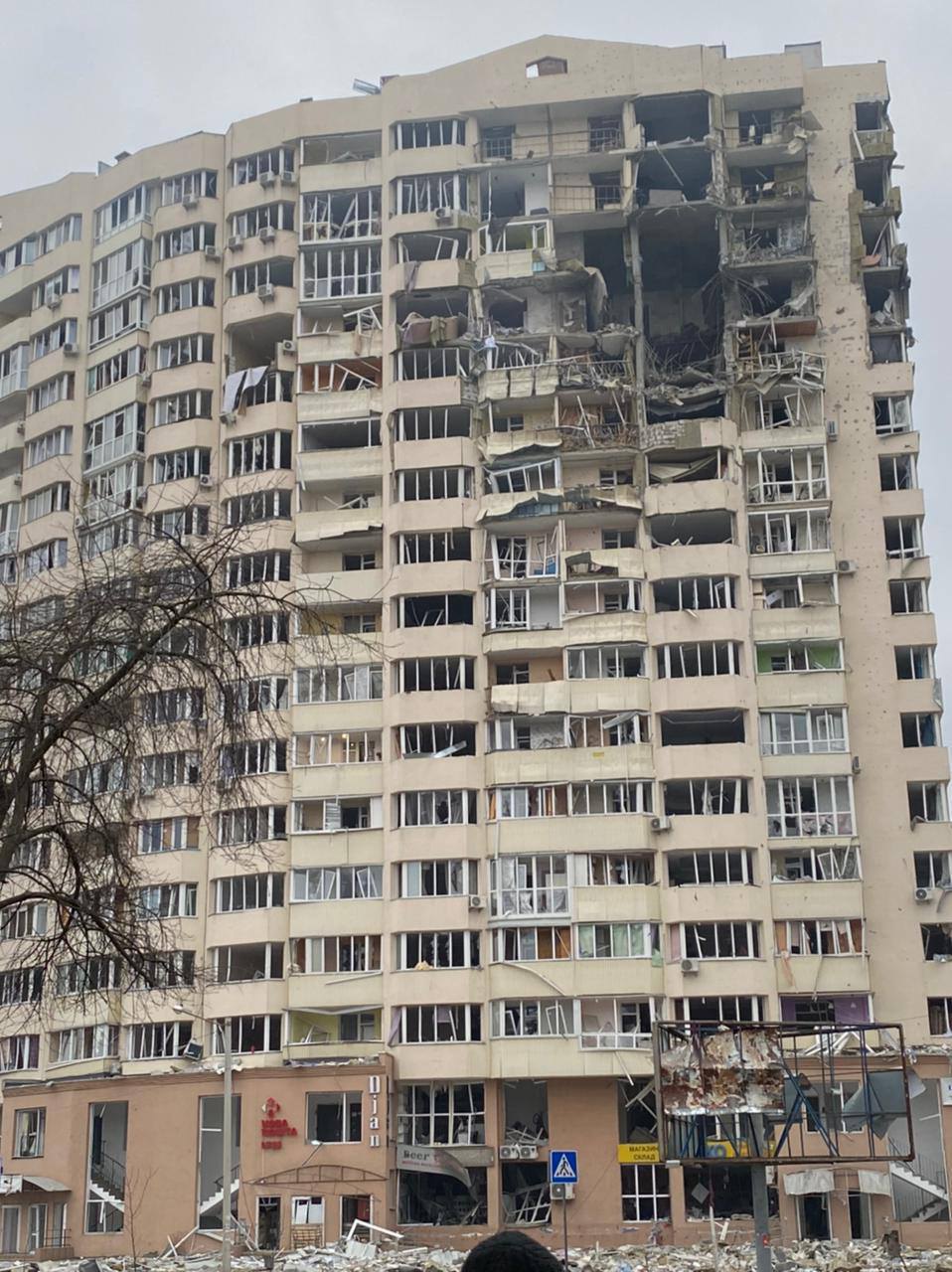
Let’s talk about the current situation in the city: how many people have already left, how many are still there, what is going on there in general?
We do not make an exact calculation, but, in my opinion, approximately 130,000 people remain in the city. Before the war there were 285,000 residents. So about 150,000 to 155,000 people have left. Currently, there are very few people left in the city who can repair critical infrastructure, and that is the problem. But unfortunately, many people among those who remain cannot take care of themselves. There are many cases when yet before the war elderly people fell ill with a covid or something else, their relatives brought them to the hospital, the war started, the relatives fled, those people remained at the hospital and now doctors have to look after them. But there are a few doctors left, they also fall off their feet, we have a lot of wounded, hospitals are being shelled, windows are broken, the premises are cold. So now we are thinking about how to evacuate these people.
Another category is patients who need hemodialysis. We have solved this problem on the system level. There is a geriatric center without light and heat, which, in fact, must be evacuated. There are patients in psychoneurological hospitals who are also difficult to maintain now without electricity, heat, and water.
… it is absolutely obvious, during the war there should be a call-up of conscripts, because it is wrong when some people are in fear for their lives and worried for their own skin, while others, “stupider ones”, have to protect them. Everyone must protect their land. There must be the law requiring the officers responsible for critical infrastructure to perform their duties. Possibly providing a double or triple salary. Unfortunately, today we are approaching the point where there will be no one to maintain the critical infrastructure.
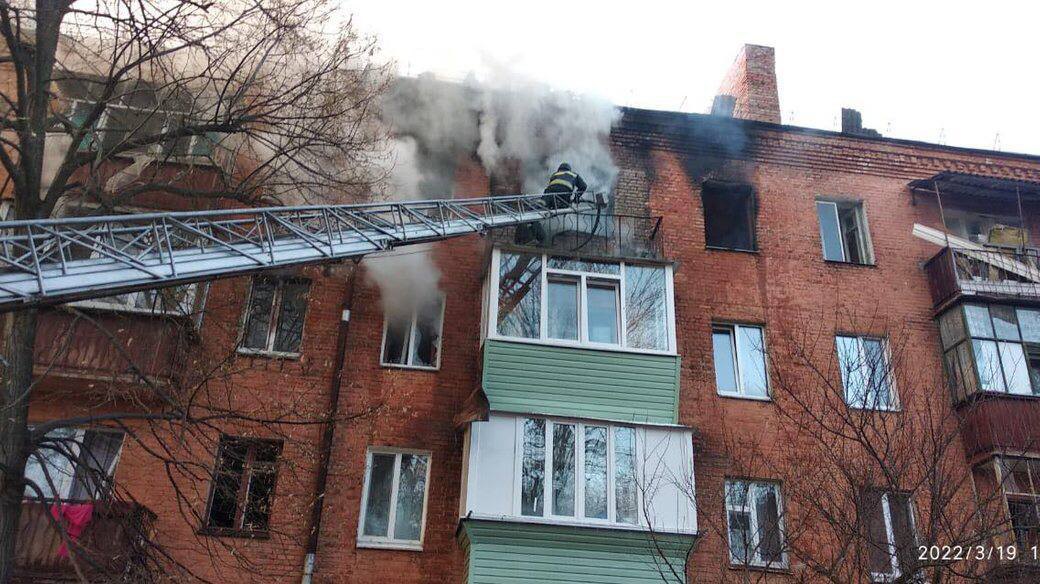
Let’s return to the situation in the city: problems with electricity, problems with water, gas is partially available. Can you tell us more details?
The Armed Forces defend the city on the perimeter, but it is surrounded from almost all sides, the Russian enemy is constantly attacking the city. Chernihiv is small, so all the shelling hits the city directly. And if at the beginning of the offensive there was at least some selectivity, the enemy tried to attack primarily military facilities, over time, especially in recent days, Russians have intentionally targeted residential buildings.
You know about the direct hits targeting queues (for water and bread), when 14 people died and 18 were injured at the same time.
Therefore, today the situation in the city is tremendously difficult. The pace of infrastructure destruction, as I said, exceeds the pace of recovery. And with the fact that people are not forced to stay in safe places, the death toll among civilians continues to climb, there is more and more damage and fewer opportunities to repair it.
At the state level, it would be good to provide the supply of specific spare parts (spare parts, tools, accessories, kits for operation and repair of equipment. - LB.ua) for the cities where the infrastructure has suffered the most. These are the items that volunteers cannot provide – a huge range of specific spare parts for infrastructure built in the 1960s and 1970s, for Vodokanal (public corporation responsible for water supply and sanitation facilities), Oblenergo (energy distribution companies). Therefore, it is necessary to create a unit at the government level responsible for providing help to the cities with the most extensive damage to the civilian infrastructure.
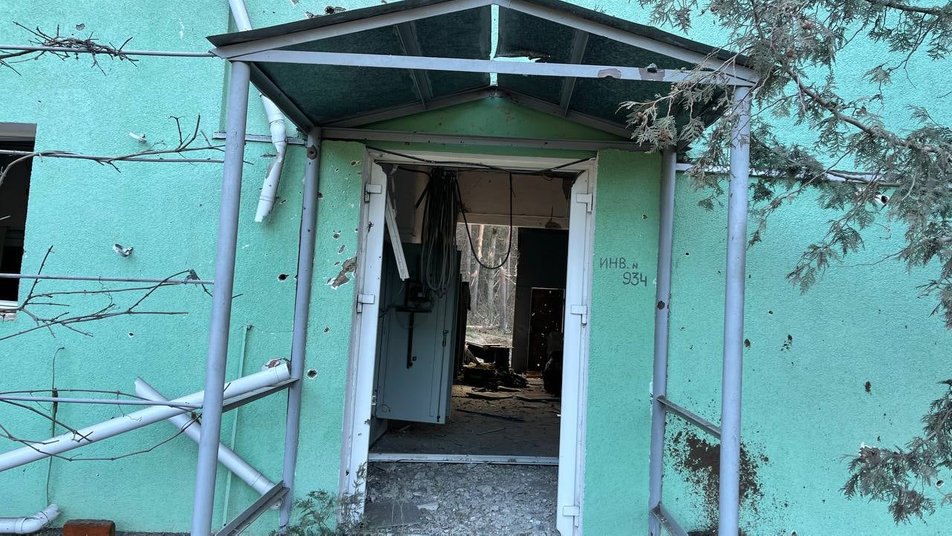
PHOTO: Vodokanal building after the missile hit.
Do you keep records of destroyed, damaged facilities in the city? Does it make any sense?
It doesn't make any sense. Shelling of different parts of the city continues every minute. And there is not even a human resource available to take these records.
Every morning, by 8:00am, critical infrastructure managers receive information from employees about the state of enterprises and networks. Then we have a city meeting, where we try to work out solutions for repairs. But literally in an hour or two – due to massive shelling – the situation is changing, priorities are changing. Therefore, another meeting takes place in the evening.
To prevent leaks, we do not provide information on what facilities are damaged. We used to give people all the information so that they could understand the state of affairs – what city facilities still work, where to get medicines, food, etc. But now we see that it can be used by the enemy, who intentionally damages the infrastructure.
Does the fact that there are many wooden buildings in Chernihiv affect the situation?
The wooden building, located in the center of the city, is protected by tall apartment buildings and thus they’ve been somehow preserved.
The outskirts of the city were bombed to the ground: Bobrovytsia, Kyinka. 60 to 70% of houses in the suburbs were destroyed.
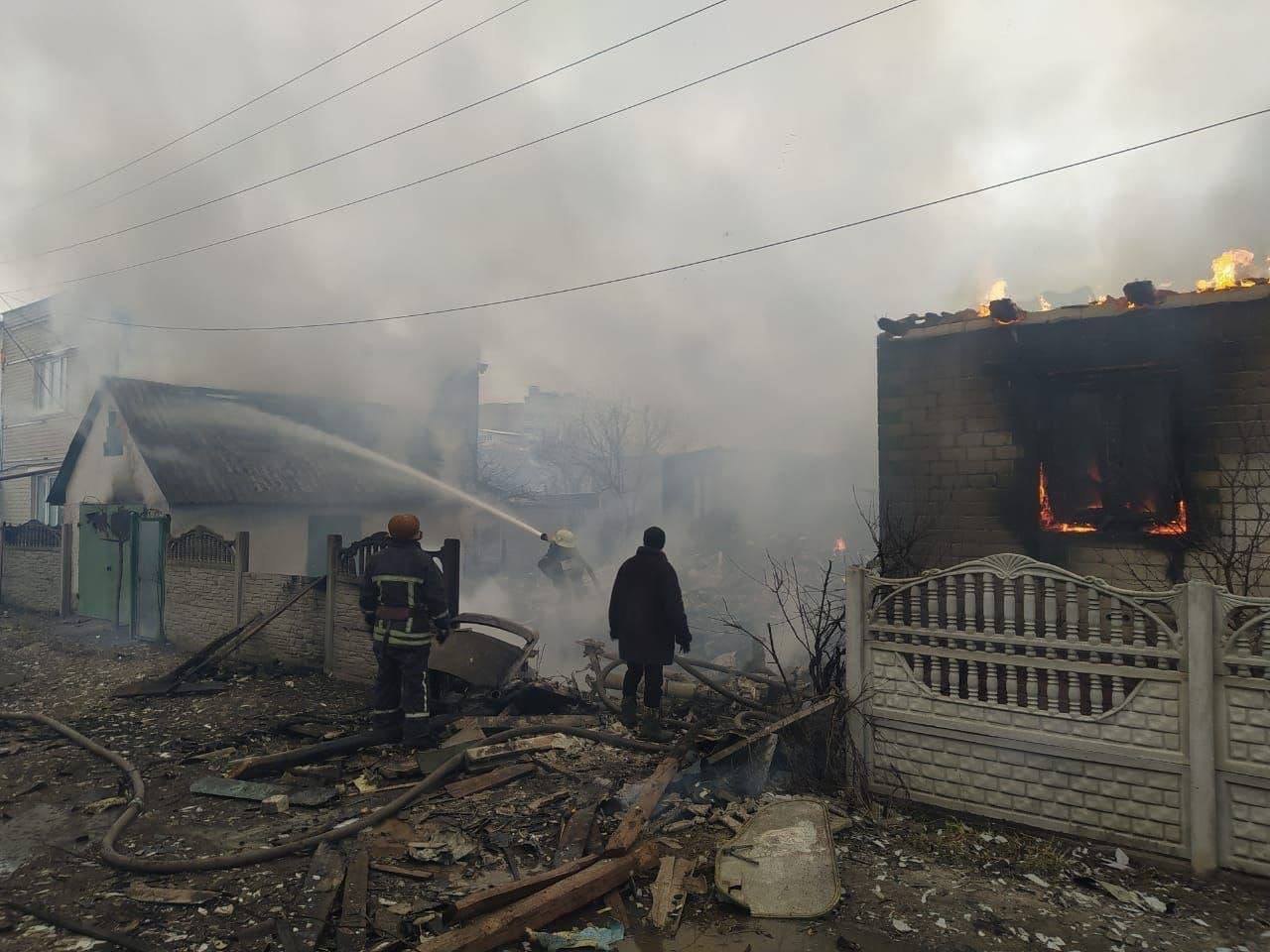
There were many wooden houses in the suburbs, almost all of them have already burned down, they do not exist anymore. Only a handful of houses survived by accident. But, for example, near our Trinity Cathedral – the most important cathedral of the Russian church – a mine hit a private house, killed a mother and a child is now in an intensive care unit. And there are a lot of such cases.
Do the Armed Forces of Ukraine have complete control over the city, or are there any breakthroughs by Russian RSGs (reconnaissance and sabotage groups)?
A few weeks ago, there were RSGs breakthroughs, but they were all eliminated. Today, the Armed Forces and the Territorial Defense Forces have complete control over the city. Sabotage groups are working, I know that for sure. We arrested spies, fully dressed in our military uniform, who had documents of our Armed Forces, and were well familiar with the situation. One of them even tried to come to my meeting. It turned out that he was a Russian spy, an officer.
Why are there such fierce battles for Chernihiv? Because this is a Kyiv direction, and you are blocking the road to the capital? Are there any other reasons?
You don't have to be a great strategist to understand that the enemy troops coming from the direction of Synkivka-Horodnya-Novi Yarylovychi, approximately in that sector, do not have a big choice of paths; given that there are swamps in the area of New Yarylovychi and Ripky. There are impassable places: enemy armored vehicles cannot pass them, moreover the wheeled vehicles. Their convoys go by roads, and Chernihiv is very much in their way. They have to bypass it, and this is inconvenient. Chernihiv cuts their redoubts and columns. This is one of the reasons.
The second reason is history. Chernihiv is important for its history. Putin has repeatedly said that “Chernihiv is the cradle of Orthodoxy.”
How does territorial defense work in the city today?
To be honest, we gave weapons to a large number of people in a short period of time, but not all of them turned out to be heroes. A certain number of weapons were needed to sleep more peacefully at night. Territorial defense ranks are eventually cleared of people who are not at the forefront and do not use weapons for their intended purpose. Weapons remain with the patriots who defend our land. It was difficult to arm a large number of people without making mistakes. There was no selectivity, no time to learn who is who.
“Chernihiv has an impression that while Russia is depleted, all Chernihiv residents may die.”
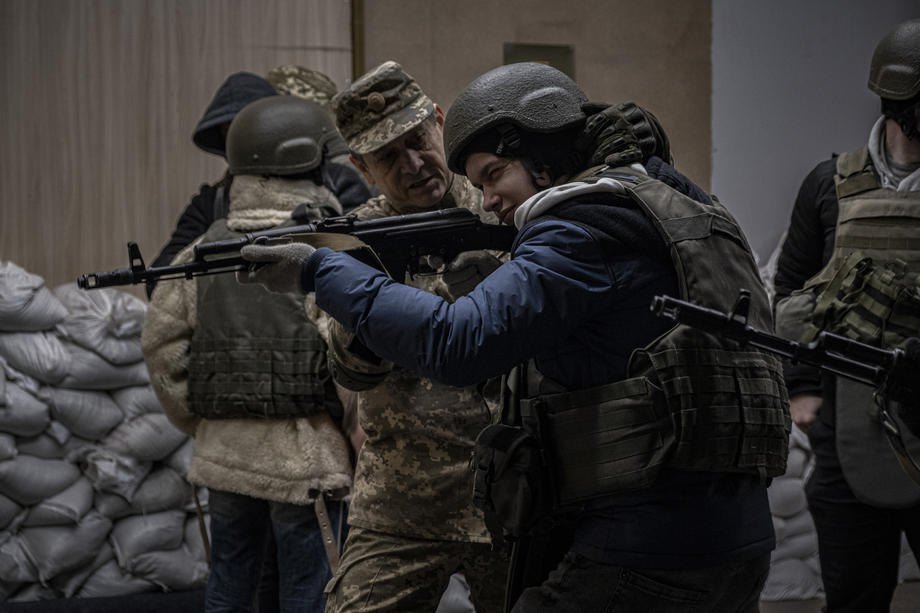
There was information that roads from Chernihiv were mined. Is it true?
The military has more information about it. But I can confirm that the direct exit towards Kyiv through Kolychivka, Ivanivka, Yahidne is mined in many locations.
In what way then is the humanitarian aid and evacuation of people arranged? I do not ask you for specific directions. Just some information for understanding.
Just as it is in Kyiv, Mariupol, Kharkiv, and other cities that are in an operational encirclement.
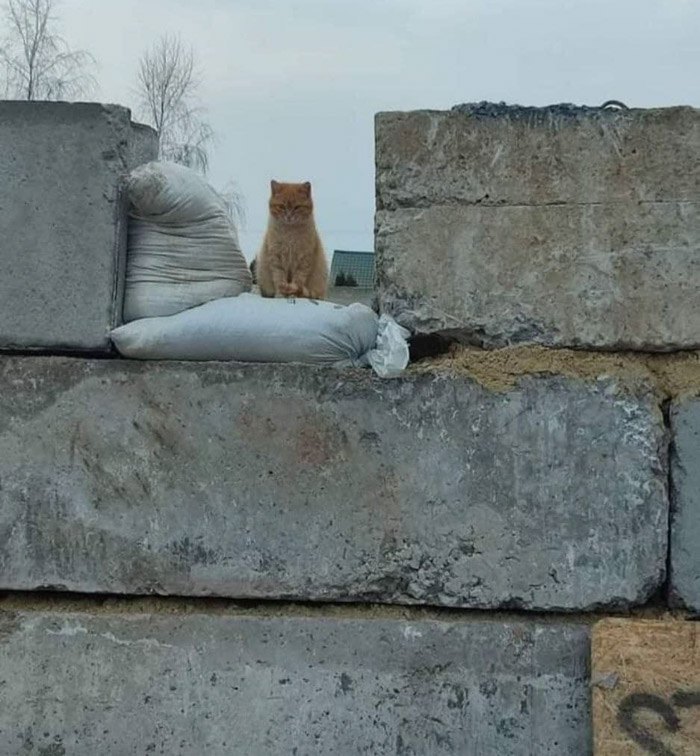
That is, people leave by themselves using the ways they see fit? Are there any safe corridors?
Without revealing the general things, I will say that there is a natural landscape, open terrain, swampy, inconvenient wooded area with a certain geography and nuances, which is unfavorable or inconvenient for Russian military units. Given the landscape and these circumstances, the Russians cannot keep the ring around Chernihiv tight. Without an official green corridor, all these paths exist on a prayer.
There are cases of shooting on sight, but when there is shooting on sight, the enemy reveals themselves and exposes their positions making strike back possible. In military terms, it is not strategically important for them to shoot a car with people, so they let them go.
This is how, in my opinion, logistics works today in cities that are in an operational encirclement.
Does humanitarian aid come in the same way, through “forest paths”?
Absolutely.
And it actually depends on the weather. If it gets warmer tomorrow, the road will be swampy.
It depends first of all on consciousness, heroism, and indifference of volunteers who do it. Those who understand that the war and hostilities that are taking place today in one place, can move further, to Western Ukraine. And such people, in my eyes, are holding big cities. Little by little, by three, four, five tons, they bring humanitarian aid and take people out. A huge thanks to them. I am sincere.
I would like to take this opportunity to thank the city of Khmelnytsky and the mayor of Khmelnytsky Oleksandr Semchyshyn for substantive deliveries. I am very grateful for them.
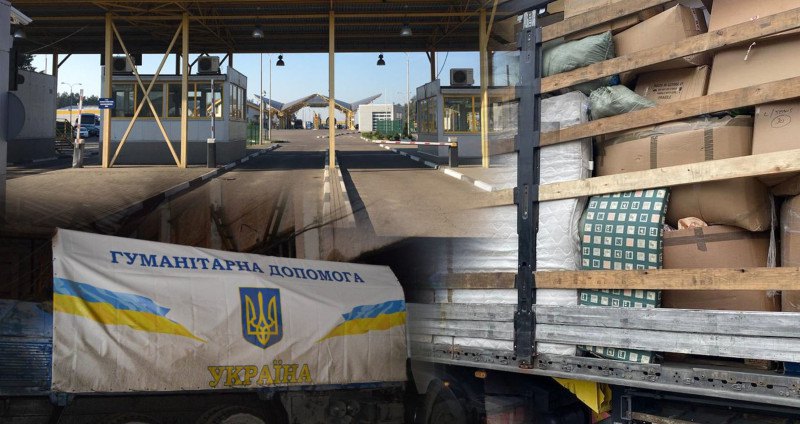
It seems that local self-government is supported not so much by the military-political leaders of the country as by the mayors themselves.
Absolutely a different situation. There is a connection with individual mayors. Take, for example, Kharkiv, Chernihiv, Sumy, and Kherson. The situation in these cities, both in terms of military behavior and the support of life necessities, is completely different. We try to keep in touch with each other. It’s true.
So, the power supply cannot be restored. There is almost no snow that can be melted to make the water…
Taking this opportunity, I want to ask volunteers from all over Ukraine: Chernihiv needs a huge number of generators. There is no guarantee for long-term operation of the network. If we restore it for an hour or two, it is useless in wartime.
Having artesian water, having generators, we can pour water into tanks and deliver them around the city. So, we also need a lot of these tanks – on wheels, on carriages, the most desirable is to have water tank trucks on the move. The specificity of the situation is that we cannot go outside the city, using the paths that we talked about, with our truck to bring only one water tank, it is wastefulness. Therefore, we ask people to bring as many such tanks as possible, so we could provide water to the whole city. Today, the density of water distribution points, unfortunately, is very low. We are trying to increase their number, but we do not have enough capacity.
Accordingly, the epidemiological situation in the city depends on it. It is impossible to observe basic hygiene without water.
Absolutely right.
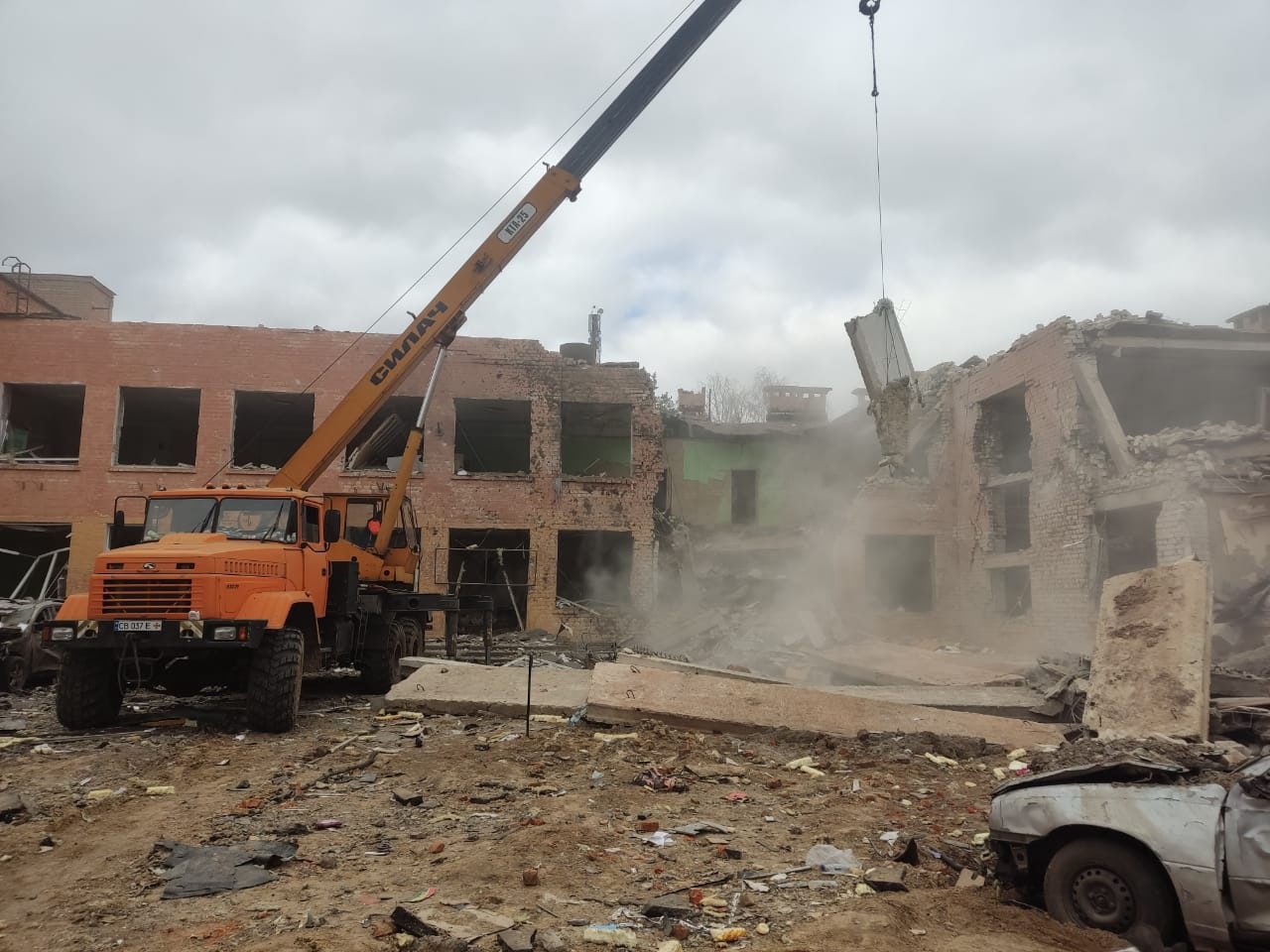
As the weather gets warmer there is a risk of infectious diseases.
Intestinal diseases. Intestinal disorders, yes.
Gas is partially available, right?
Yes. But, again, this situation is unstable. For the same reasons as the situation with electricity.
The President of Ukraine Volodymyr Zelenskyi announced that immediately after the victory, significant funding will be directed to the reconstruction of the infrastructure of Ukrainian cities. From the point of view of Chernihiv, can we already think about it or is it too early and we have to wait for the end of the Russian occupation?
From the point of view of Chernihiv, there is a huge request to the military-political leadership of the country to understand that time for the people’s deputies sitting in Lviv restaurants is one thing, and for citizens of Kharkiv, Chernihiv, Mariupol, who die by dozens every ten minutes it is completely a different story. That is why we sincerely believe in victory. We stand to die in our positions. All who remain will remain here until victory. No one will run away from the city.
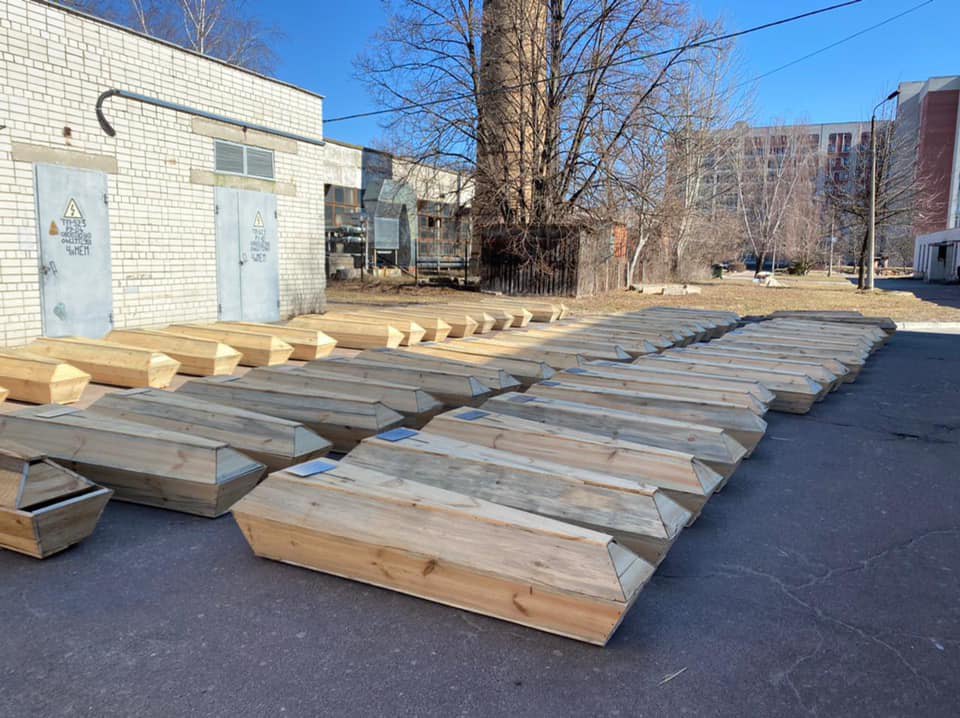
And when there is a victory, then we will talk (about the reconstruction of the city. - LB.ua).
In terms of information policy, it is important to add that statements about the tactics of Russia’s depletion are assessed differently in Ivano-Frankivsk and Mariupol. I would ask you to be more careful with these statements.
Is there no impression in Chernihiv that Russia is getting depleted?
Chernihiv has an impression that while Russia is depleted, all Chernihiv residents may die. Therefore, I would ask you to refrain from such catches, even if they are true. I repeat once again, I would ask you to inform the people that the military-political leadership understands how difficult it is for them, and it is doing everything to end it as soon as possible. I’d prefer the statements in such a context, not in the context of depletion. As the folk wisdom says: “While the fat one dries, the thin one dies”.
To sum it up, I would like to say, no matter how difficult it is for Chernihiv, people who stay in the city do it consciously, risking their lives every day! By hard work, they support life in the city within the scope of scarce opportunities we have today. And such resilience of ordinary people supports the fighters from the Armed Forces, Special Operations Service and Territorial Defense who are on the front line more than any ongoing agitation calls. People understand that. We are united with the fighters who are defending our land and our Chernihiv! God is with us, and the truth is with us! I sincerely believe that we will stand, and we will win! Probably not so fast and paying a huge price of the lives and blood of people for 30 years of deliberate destruction and plunder of Ukraine! But we will definitely win!










